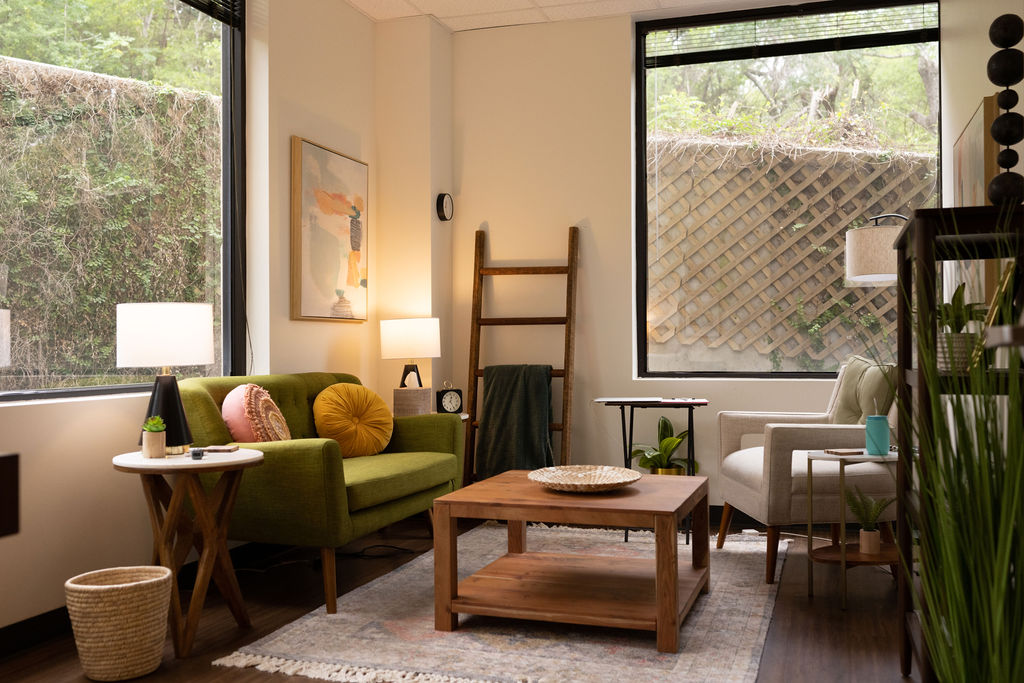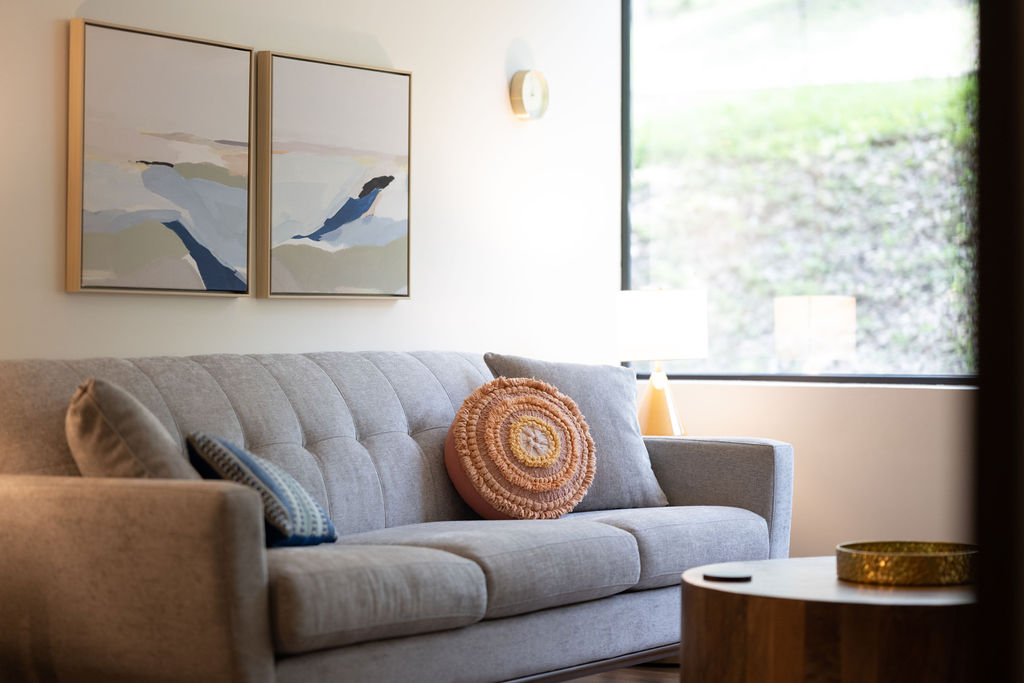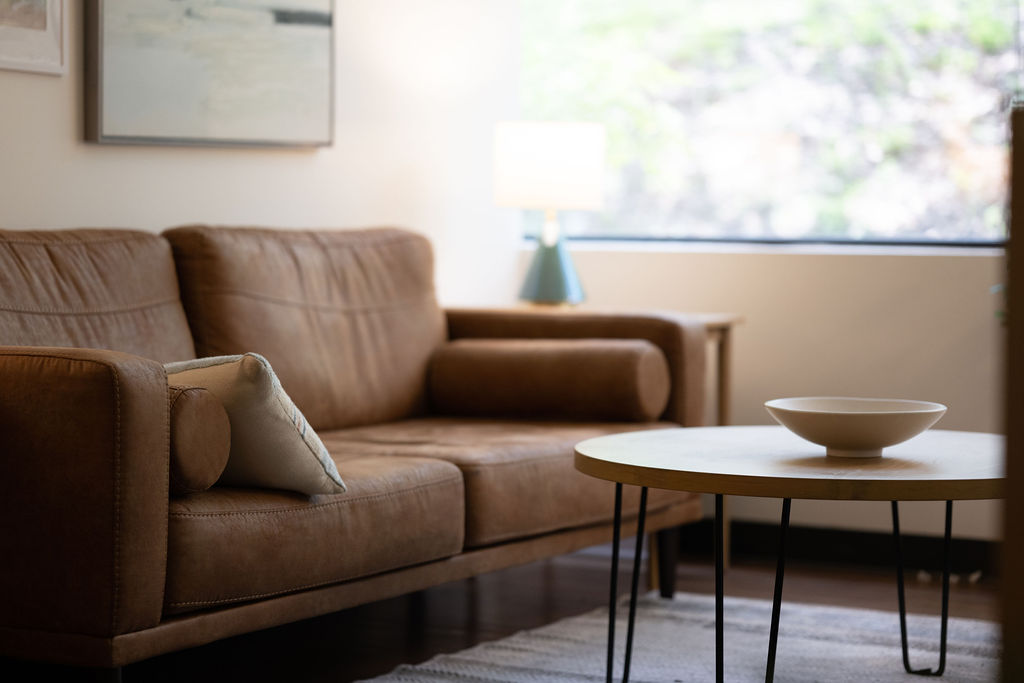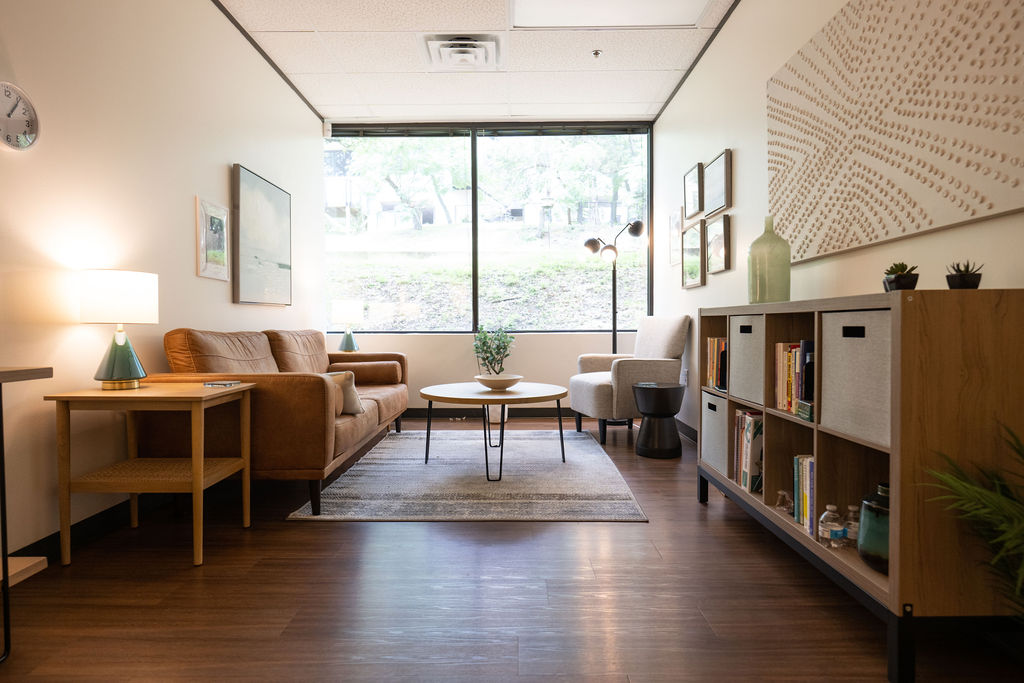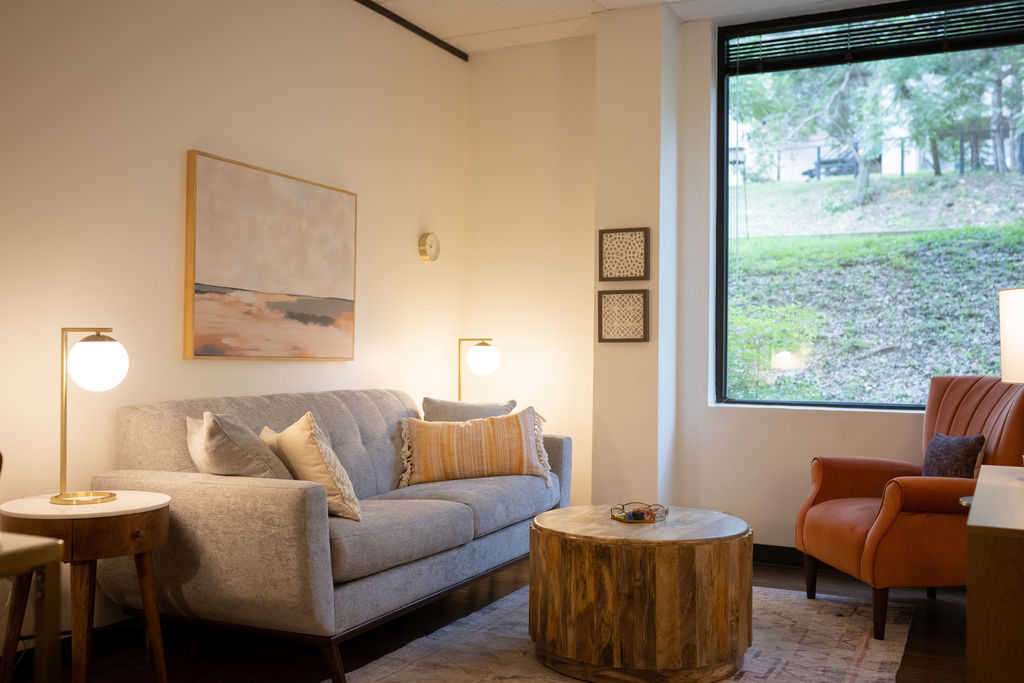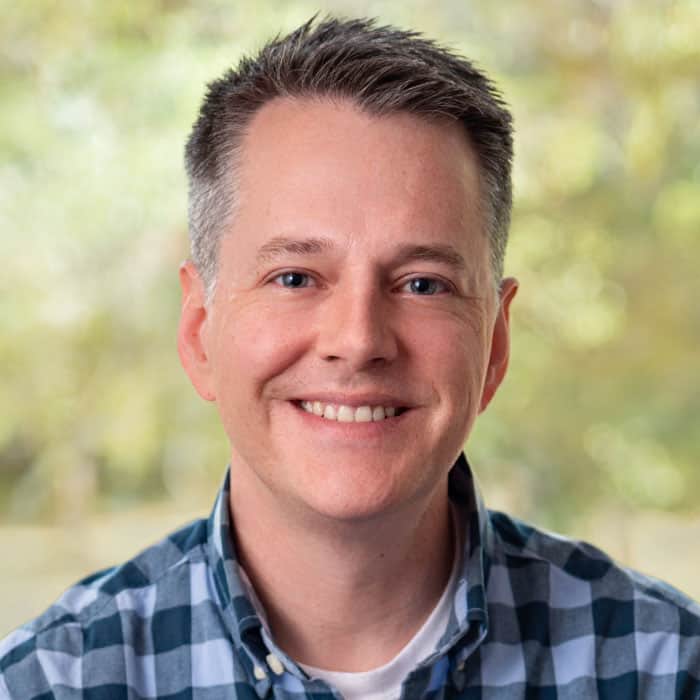

We’re looking forward to introducing you to William Schroeder. Check out our conversation below.
William, it’s always a pleasure to learn from you and your journey. Let’s start with a bit of a warmup: What is a normal day like for you right now?
Running a mental health practice you end up wearing a lot of hats – which I am sure any small business owner can identify with. That said, it depends on the day but generally it’s broken into admin or growth tasks and I am trying to work on priority tasks instead of out of my inbox. Growth tasks are normally centered around improving efficiencies of our business, business development, working with contractors to improve our digital content, working with other practices around the country, or looking for ways to meet emerging needs in our community. That’s the stuff that I do that I enjoy most.
Can you briefly introduce yourself and share what makes you or your brand unique?
My wife and I founded our mental health practice in Austin, Texas in 2007 with a simple mission: create a space where clinicians can thrive and clients feel truly supported. Today, we’re proud to be the largest independently owned mental health practice in Austin, with a team of over 50 highly skilled therapists, many of whom bring 20+ years of experience.
In an industry where private equity ownership often drives decisions, we’ve chosen a different path: one focused on clinical excellence, individualized care, and meaningful relationships over profit. That philosophy shows up in everything we do, from how we support our team to the outcomes we deliver for clients.
We are deeply committed to listening and evolving. We regularly gather feedback from clients, clinicians, and directors to identify opportunities for growth, and we implement those changes quickly to create a stronger experience for everyone we serve.
We also believe in the power of collaboration, which is why we partner with more than 90 practices across the U.S. to share best practices, refine systems, and innovate the client journey. Our independence gives us the flexibility to stay nimble, client-centered, and always focused on what works, not just what’s profitable.
Okay, so here’s a deep one: What relationship most shaped how you see yourself?
My mentor in life was my high school counselor. He was a really genuinely caring man who gave so much to our school. I kept in touch with him after high school and he has been an inspiration in my life. He had a lot of interests in life, taught, traveled, and gave freely of himself to help others. He was an inspiration to me. Sadly he passed away a few years ago but his legacy lives on.
Was there ever a time you almost gave up?
I think there were times where life knocked the wind out of me. Hurricane Katrina and going through a divorce – both of those were lessons in loss but they also taught me a lot about resilience and hyper vigilance. If something can go wrong, it likely will. Whatever worked yesterday may not work tomorrow. Through it all you need to take care of yourself.
So a lot of these questions go deep, but if you are open to it, we’ve got a few more questions that we’d love to get your take on. What’s a belief you used to hold tightly but now think was naive or wrong?
I used to believe you could live life in a way that avoided suffering. I don’t believe that any more. Life is full of suffering, and what matters is what you do with it. Sometimes I even feel for people who somehow escape it, because their experience of life may end up thinner.
A few years ago, I had the privilege of meeting Edith Eger in San Diego. She’s a Holocaust survivor and a New York Times bestselling author. We shared lunch, and as I listened to her, I was reminded of how much growth can come from facing incredible pain and even the possibility of death. She has turned her own suffering into something that helps countless others as a therapist and a writer. I’ll always be grateful for the chance to meet her and for the reminder that suffering can also be a doorway into meaning.
Okay, we’ve made it essentially to the end. One last question before you go. If you knew you had 10 years left, what would you stop doing immediately?
It’s hard to say but I think I would work to sell our company to our employees or a local entity. I would want to try and spend the years I had left with my wife and family.
Contact Info:
- Website: https://justmind.org
- Instagram: https://www.instagram.com/justmindaustin/
- Linkedin: https://www.linkedin.com/in/schrowa/
- Twitter: https://x.com/JustMind
- Facebook: https://www.facebook.com/JustMindAustin
- Yelp: https://www.yelp.com/biz/just-mind-counseling-austin
- Youtube: https://www.youtube.com/@JustMindCounseling
